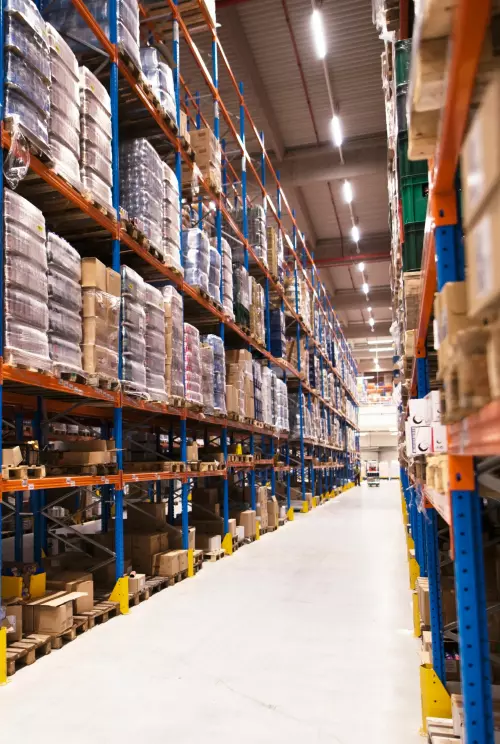
How E-Commerce Is Impacting Owner-Operator Drivers
12 Aug 22
The global development of e-commerce has produced a tremendous, ongoing impact on the trucking industry. The e-commerce practice has set unprecedentedly high standards for transportation businesses, which has prompted trucking companies to embrace new fundamental approaches to managing their logistics processes.
Aiming to comply successfully with the newly emerged, e-commerce-inspired demand of today picky customer, trucking businesses are adapting to the global tendency and accepting the challenges avidly.
As one of the critically important parties in transportation, owner-operator drivers have been influenced heavily by the industrys integration into e-commerce, both challenged to fit in the new regulations and benefiting from the staggering perks they get.
Now, lets dive deeper into how exactly owner-operators indulge themselves in their e-commerce-born and highly beneficial transportation routine.
Elevated Speed of Shipping
Most e-commerce retailers display fast delivery as their key standard. This means that now, customers expect to receive their orders in half as much time as they did some couple of years ago. To provide quality shipping, drivers should be prompt and agile, delivering the goods sharp in time, according to what the retailer promises to customers.
Increased shipping speed causes a number of inconveniences for owner-operators, though. In addition to emotional pressure and subsequent impairments, reduced delivery time entangles problems such as traffic congestion and fatigued driving.
Pay Increase
E-commerce increases demand for short-haul cargo, making it difficult to fill long-haul trucking jobs. That said, owner-operators who end up opting for long-haul shipping are paid well for their bravery.
Based on the research by American Trucking Association, the trucking industry is in dire need of about 80.000 drivers“ this means that the owner-operators expressing strong will and determination to go on a long and tedious journey get rewarded properly in the end.

Fulfillment Centers and Warehouses: Long-Haul Delivery Is a Way to Go
The exponential emergence of fulfillment centers and warehouses is another influential factor that decreases the need for long-haul delivery. The thing is, the development of warehouses and fulfillment centers enables retailers to provide customers with same-day and next-day delivery. The strategic location of centers allows retailers to transport goods to consumers in no time; hence, a huge increase in last-mile delivery demand.
Given that long-haul delivery pays more, drivers are forced to deal with a pretty difficult dilemma: whether to choose a more convenient path of transporting goods, which is last-mile delivery, or go with a more challenging yet well-paid option, long-haul delivery. Today, drivers are giving preference to the former, prioritizing comfort over financial benefit.
To Wrap Up
The world transition into the digital dimension modernizes and refashions the traditional model by which enterprises function. As one of the industries having paramount importance today, transportation has known an extensive impact produced by a hunted-for newcomer to the modern business industry, e-commerce.
Led by a rising demand and connected with firm business ties to e-commerce, transportation companies that operate exclusively in the physical environment, surprisingly manage to maintain successful performance in today tech-driven world where virtual-based ventures are having their finest hour. All in all, nothing will ever beat tangible universe.